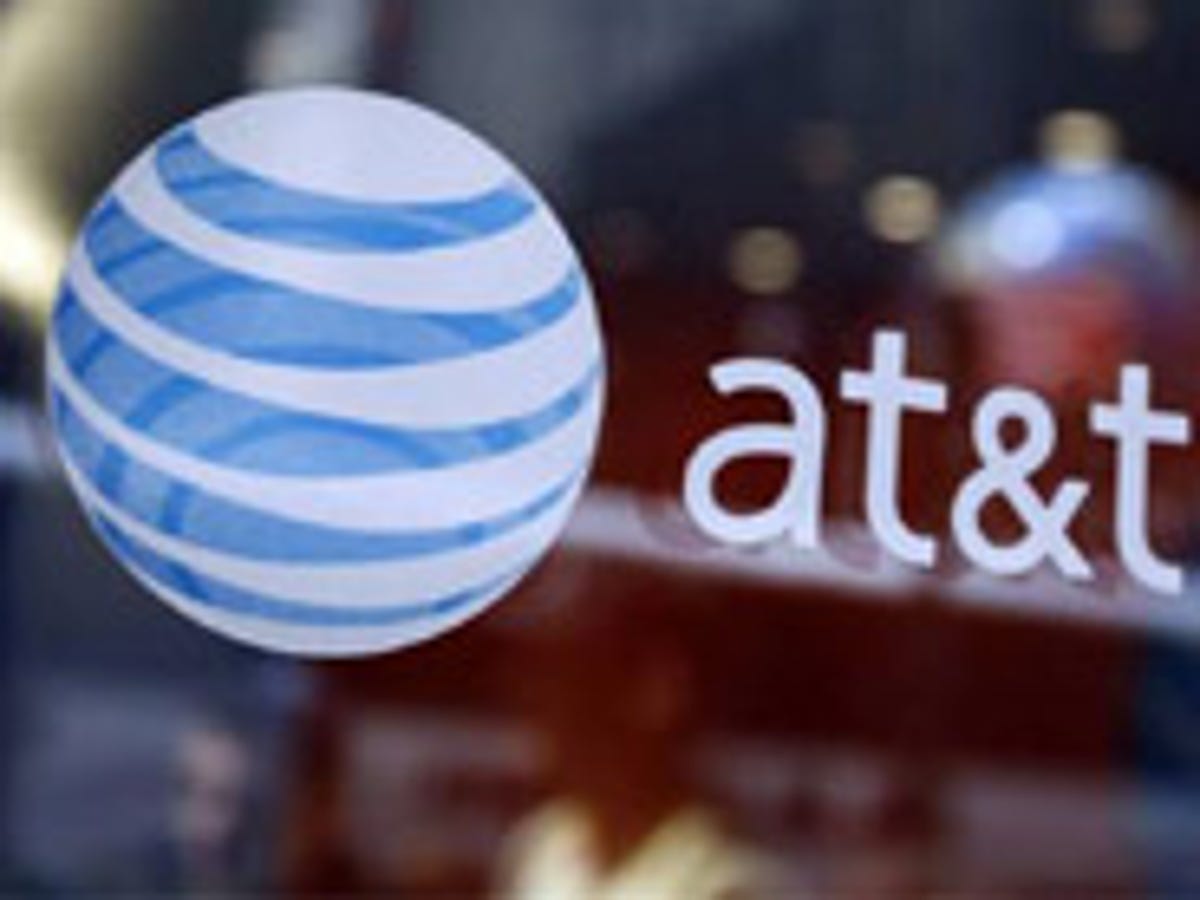
AT&T and T-Mobile stole the news spotlight early in the week by announcing their proposed megamerger just as the wireless world was readying to converge on Florida for the annual CTIA trade show.
AT&T and T-Mobile, respectively the No. 2 and No. 4 U.S. wireless carriers, announced on Sunday a $39 billion merger deal that would create a company with nearly 130 million subscribers, easily leapfrogging Verizon Wireless for the No. 1 spot.
Winning regulatory approval, however, may be tricky. The Federal Communications Commission warned in a report last May that the wireless industry was becoming more concentrated and indicated that 60 percent of the nation’s subscribers and revenue come from the country’s two largest wireless providers: AT&T and Verizon Wireless.
In addition to the size of the combined subscriber bases, antitrust regulators are likely to be concerned that the deal will also merge the two largest GSM carriers in the U.S., giving customers only one carrier to choose from if they want to use that wireless standard. GSM is the dominant global wireless technology and the standard in Europe, meaning U.S. cell phone users who travel frequently will need to carry one of AT&T’s phones.
The deal will also give T-Mobile users access to a planned 4G wireless network using LTE, or Long Term Evolution technology. T-Mobile has HSPA+, which delivers 4G-like speeds, but it’s not a real 4G technology and the company hasn’t announced any plans for network expansion beyond HSPA+.
As for customers, while the move leaves them with fewer choices, current AT&T and T-Mobile customers may experience improved service quality. AT&T maintains that buying T-Mobile will bring next-gen mobile networks to more Americans at a quicker clip and make the United States more competitive.
And of course Sprint Nextel may find it difficult to compete on its own if the deal between AT&T and T-Mobile is eventually approved by regulators.
See our roundup for complete coverage of the merger and its potential impact on consumers and the mobile industry.
More headlines
LightSquared scores 4G deal with Best Buy
The 4G wholesale provider, which is building an LTE broadband network, gets a big win to drive the Best Buy Connect wireless service.
Wireless CEOs spar onstage at CTIA
Sprint: Google Voice deal ‘extremely important’
CNET’s Best of CTIA 2011
Inside a Verizon Wireless Super Switch






Hackers exploit chink in Web’s armor
Attack highlights flaws in a now-antiquated system that gives 650 different organizations, including the Tunisian government, the master keys to Web authentication.
Iran-linked attack spoofs Yahoo, others
What needs to happen before the iPhone gets NFC
Rumors continue that Apple plans to bring near-field communication chips to a future version of the iPhone, but what challenges stand in the way of that happening? And what’s it good for anyway?
iPhone 5 rumors again claim NFC, A5, big screen
2010: The year Apple also became a chip company
Google begins testing Google Music internally
Employees of the online titan have begun using Google Music to help smooth out kinks, music industry sources tell CNET. There’s still one nagging problem, though: music licenses.
Court rejects Google Books settlement
Google working to reverse Chrome bloat
Google accuses China of meddling with Gmail
Saturday’s supermoon seen ’round the world (photos)






Firefox 4 launches into a tougher, faster world
Three years ago, Firefox 3 set the world on fire, burning up more than 8 million downloads in its first day. Debuting today, Firefox 4 steps foot into a vastly more competitive browser scene.
Firefox 4 doubles IE9’s 24-hour download tally
Hands on with Firefox 4 for Android (RC)
Microsoft’s antitrust deal still alive, but so what?
Internet Explorer is still the dominant browser, but not like it used to be. Thank competitors–not the courts–for the change.
Microsoft sues Barnes & Noble over Android devices
Windows Phone 7 update rolls out, slowly
Will Japan’s nuclear crisis affect U.S. energy debate?
A poll shows a spike in concern over nuclear power, but whether Americans reconsider nuclear against flaws in other energy sources over the long term still remains to be seen.
Energy CEO: Costs, not safety, block new nukes
Tech analysts cite lingering impact of Japan quake


Now playing:
Watch this:
What Facebook Deals means for Groupon and friends
1:27
U.S. warns SCADA systems at risk
Federal cybersecurity group issues warnings about tools that could be used to attack critical infrastructure systems like power companies and utilities, following release of exploits.
U.S. warns of more SCADA software holes
Can HP make developers care about WebOS?
The mobile operating system was well-regarded when it debuted, but slow updates and other problems turned off app makers. HP has a big challenge ahead as it tries to woo them back.
Despite challenge, all HP board members elected
Amazon opens its Android Appstore
Taking aim at Google’s Android Market, Amazon officially launches its own store, featuring a free download of Angry Birds Rio. But hark: is that a lawsuit from Apple?
Apple sues Amazon over ‘App Store’ trademark
Apple sends adult app store cease-and-desist order
Also of note
Jobs ordered to testify in FairPlay antitrust case
Digg CEO: All’s well, wait till you see what’s next
Yahoo unveils its answer to Google Instant search
Facebook fine-tunes its Questions product
  Wi-Fi Alliance to ease access to Wi-Fi hot spots
.postBody h3, .postBody h4
{
font-size: 1.2em;
margin: 10px 0 0 0 ;
padding: 0px;
font-weight: bold;
border-bottom: none;
}



